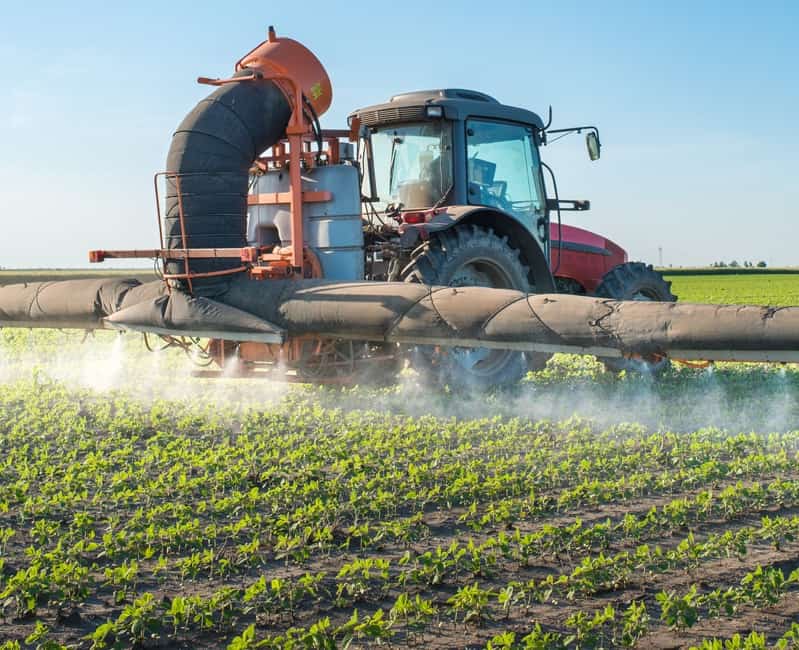The Dirty Dozen List: Why Organically-Grown Produce Matters
The pesticide watchdog organization EGW, or Environmental Working Group, recently released their annual “dirty dozen” list. The list categorizes the conventionally-grown produce found to have the highest levels of pesticide contamination.

Topping the list this year are strawberries and spinach, with mustard greens, collard greens, and kale trailing closely behind. Other fruit favorites like peaches, tomatoes, and pears rounded out the bottom.
The full list can be found on EGW’s website, but here are the top 12 items:
- Strawberries
- Spinach
- Kale, collards, and mustard greens
- nectarines
- apples
- grapes
- bell and hot peppers
- cherries
- peaches
- pears
- celery
- tomatoes
We all know pesticides and herbicides are bad, but how bad are they really?
Let’s use DCPA for example. DCPA is an herbicide, used heavily in conventional farming. The European Union banned DCPA in 2009, but its use continues in the United States. DCPA has detrimental effects on most major systems in the body, including the kidneys, liver, and thyroid gland. It is also a possible carcinogen.
DCPA is just one of many such compounds routinely used in growing conventional produce. Collard greens, mustard greens, and kale were found to have the highest number of different chemicals on them – a staggering 103. These compounds can accumulate in the body, interacting with one another and building in toxicity.
Herbicides and pesticides are especially dangerous for young children. Their bodies are still developing, and agricultural chemicals can negatively impact that development. A 15-year study on organophosphates, a common type of pesticide, also revealed a connection between these compounds and IQ loss and intellectual disability.
We can reduce the amount of pesticides we consume from traditional produce by washing it rigorously with water, gentle soaps, or natural produce washes. This may wash off some amount of the offending compounds. Or, we can just buy organic.
Organically-Grown Produce = No Pesticides
A chemical-free growing environment is the hallmark of organic produce. Instead of spraying crops down with a cocktail of pesticides, herbicides, fungicides and fertilizers, organic farmers manage pests and weeds naturally. This can mean planting crops strategically to reduce weed growth, respecting natural growing cycles, and integrating natural pest reduction methods into their farming.
Organic farming also does not allow for the use of GMOs, meaning all organic produce is by definition non-GMO.
When you buy organic produce, the only thing you have to wash off is the dirt it grew in. At Martindale’s, we believe in providing shoppers with the highest-quality, healthiest produce available. That’s why all our produce is 100% organically-grown. We get it local whenever we can, and collaborate with reputable organic farmers for top-tier product.
For peace of mind, shop organically-grown produce.
